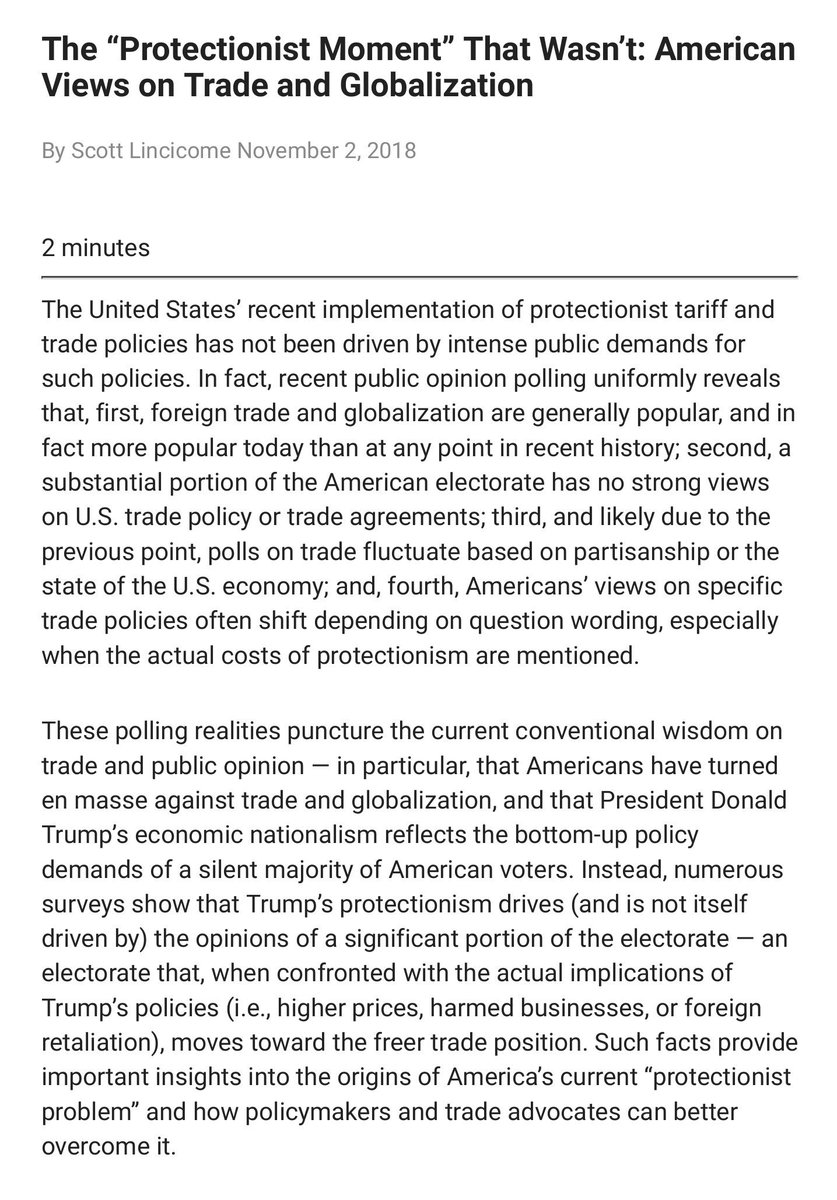You can't actually own data, but you can own a *copy* of data. Data copies have three ownership properties: distribution, dynamism, and legitimacy.
In what format does the data come in (image? JSON? CSV? Text? HTML?), and through what mechanisms does it propagate (centralized? centralized + mirrors? decentralized via DHT? decentralized via gossip)?
For instance, if you get a low resolution image that is rendered in an app, it is a data copy less authentic than the original image downloaded as a high resolution file.
For example, say you host an original image on your own web server. If you shutdown the server, it's not likely (but still possible!) that others are re-hosting it. Not true for Torrent, though.
Is the data static (images, videos, historical data) or dynamic (social networks, blogs, time series, chats)?
If it's dynamic, you may even own a copy of the data, but it's just a snapshot, you're not owning the *database* itself.
This is how people complain about not owning their data on Facebook despite that there exists an export feature. Downloading a snapshot isn't enough.
Can you prove that your data copy is equal to the original data?
People take screenshots of (e.g.) tweets, but the these have no proof of legitimacy. Tweets get legitimacy when served directly from Twitter servers.
So that even if the data author deletes their copy, all the other copies are still as legitimate as the original. This may *feel* like the author can't delete data.







